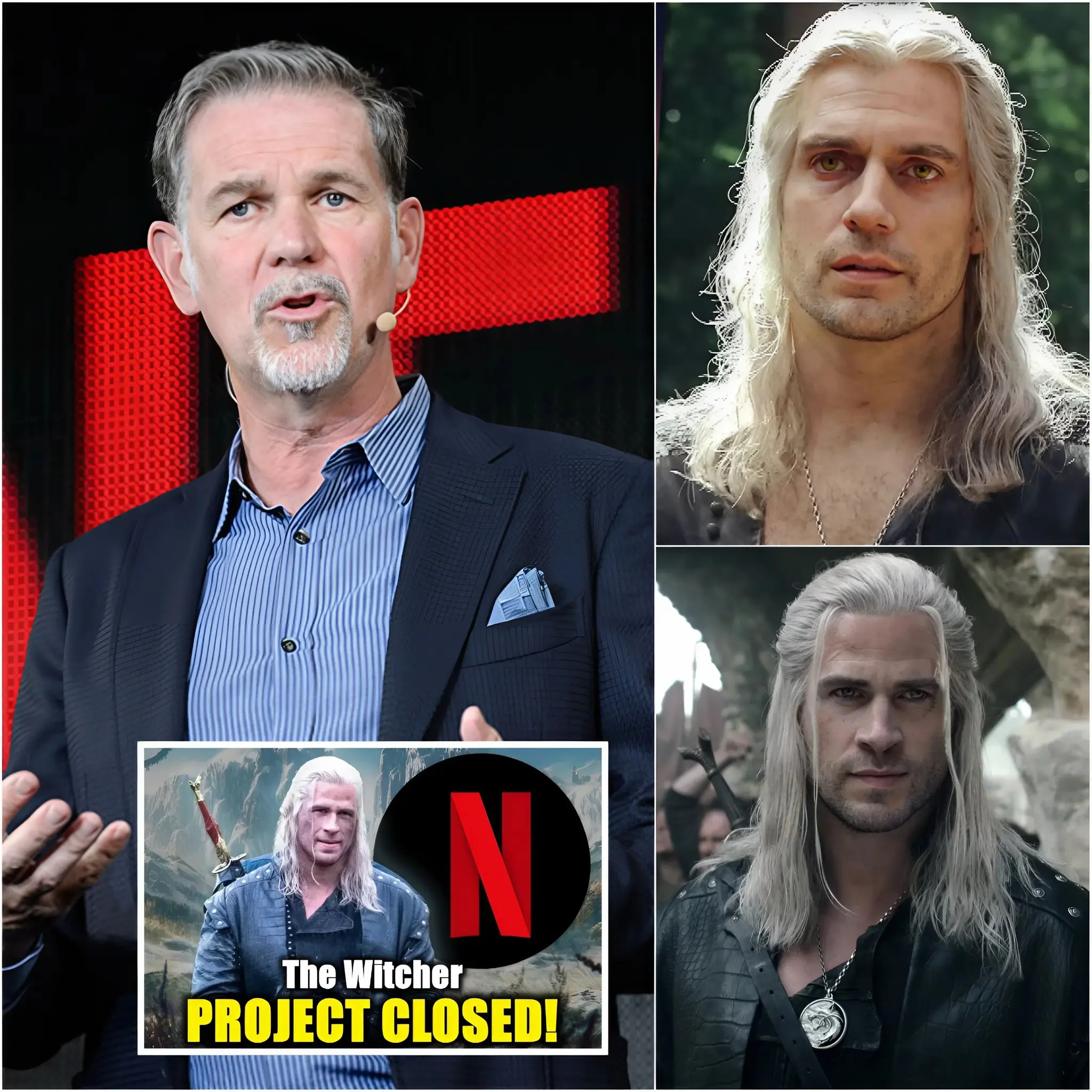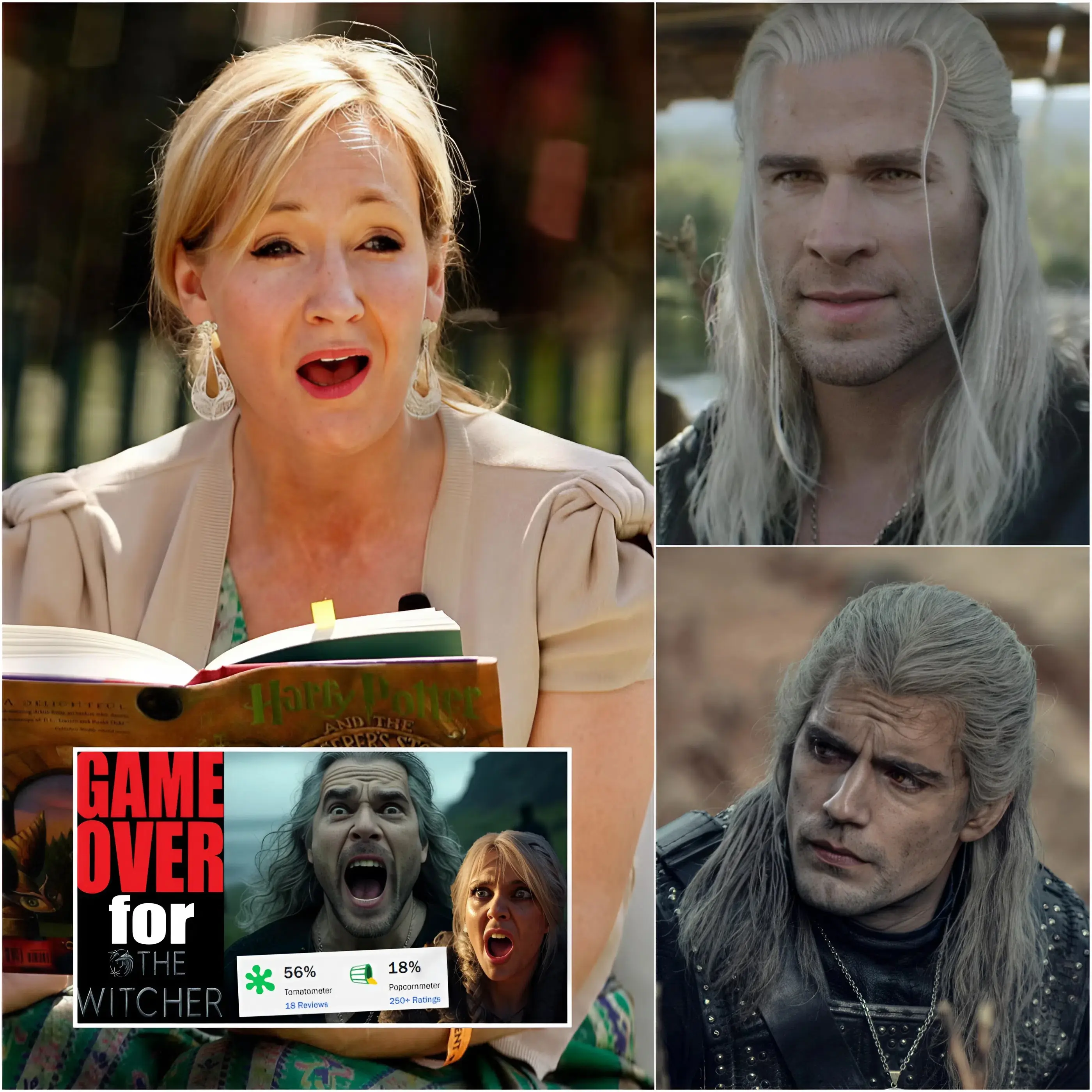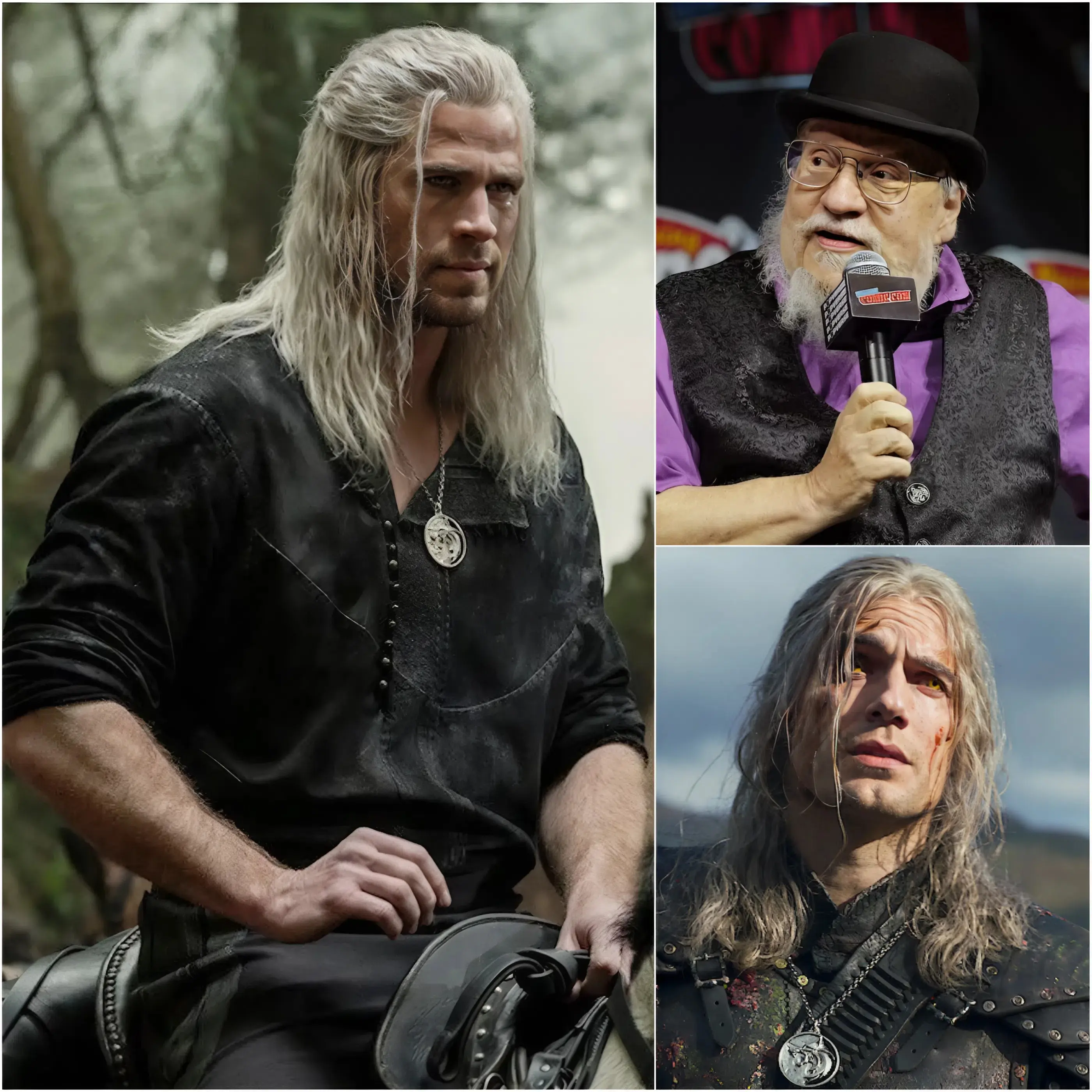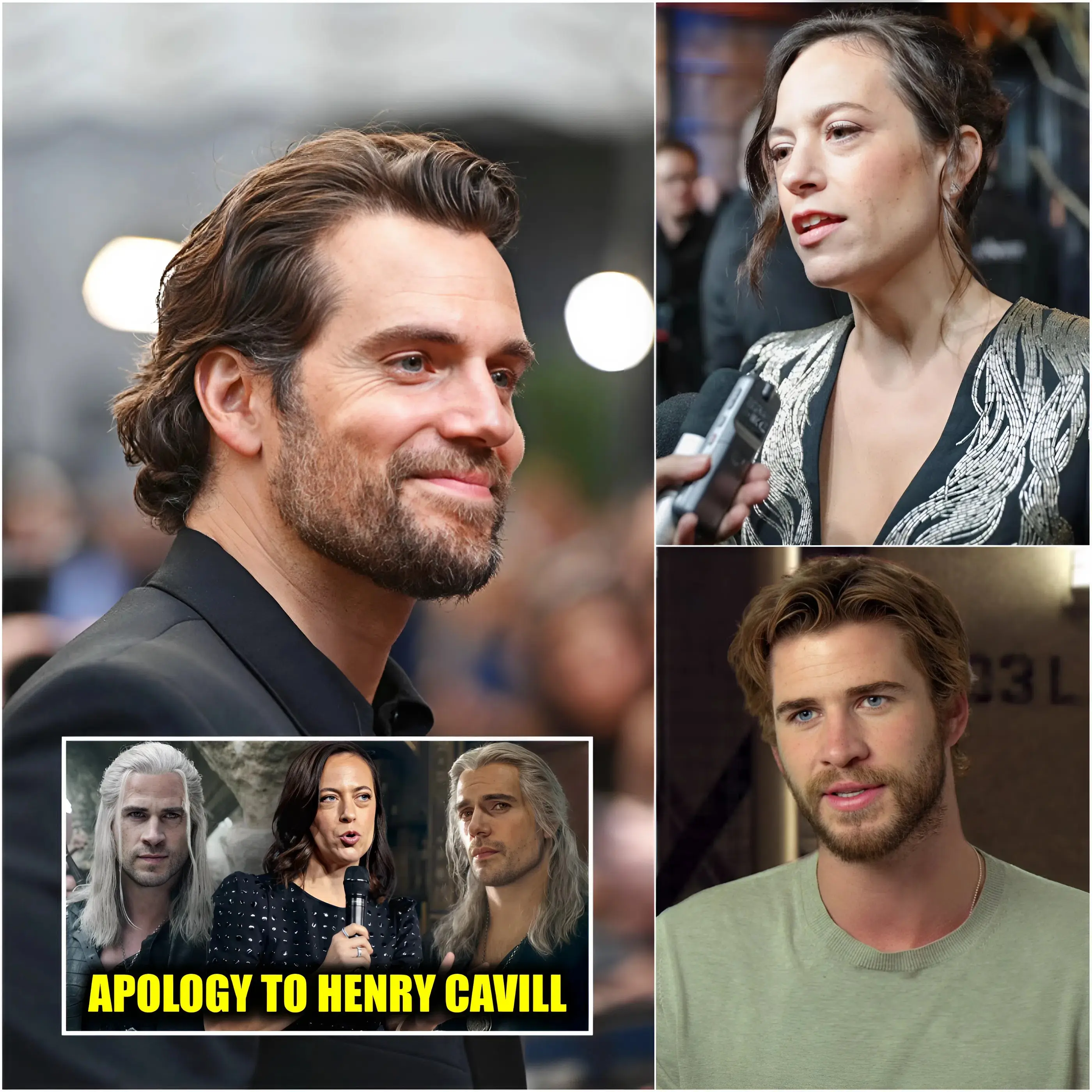“THIS IS THE CONSEQUENCE OF GOING AGAINST THE BOOK!” — George R. R. Martin calls out The Witcher Season 4 after fans turn their backs on Netflix; internal sources confirm major fallout over plummeting ratings and creative mismanagement.
In the shadowed realms of fantasy literature and television, where dragons soar and witches weave spells, a storm has brewed over Netflix's latest offering. George R.R. Martin, the mastermind behind
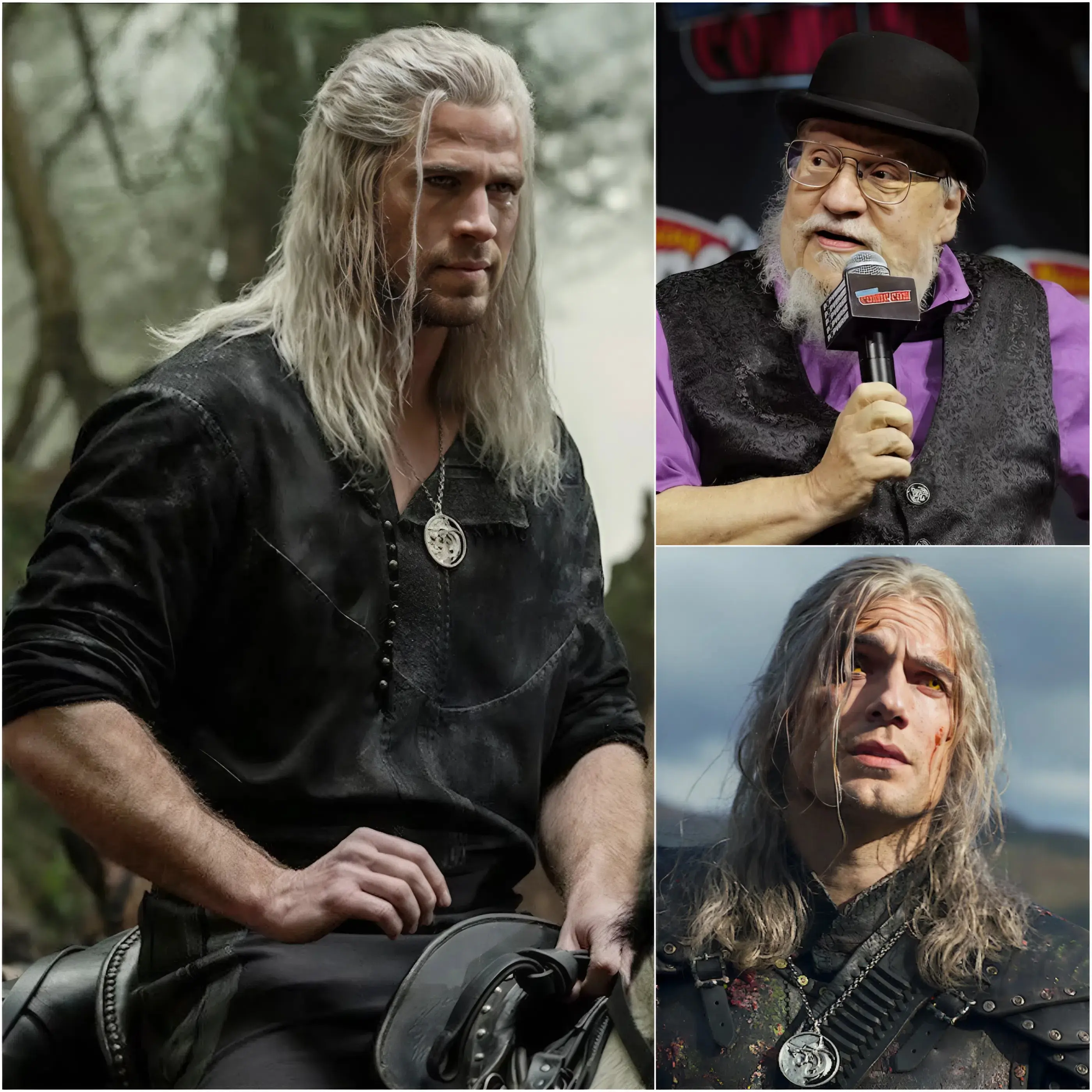
His declaration on the season's dismal 19% Rotten Tomatoes user rating has sent shockwaves through the fandom. "This is the consequence of going against the book," Martin proclaimed in a recent blog post, echoing the infamous pitfalls of his own
The backlash began with the season's October 30 premiere, but Martin's intervention amplified the chaos. Long a voice for fidelity to source material, the author lambasted showrunner Lauren Schmidt Hissrich for "butchering the spirit of Andrzej Sapkowski's saga." His post, titled "Lessons from the Continent," garnered over a million views overnight.
Martin's ire stems from Season 4's bold deviations. In Sapkowski's Baptism of Fire, Geralt's journey is a gritty trek through war-torn lands, not a "knightly farce," as Martin derisively called it. The episode where Geralt accepts a noble title? "An abomination," he wrote, arguing it erodes the witcher's core neutrality.
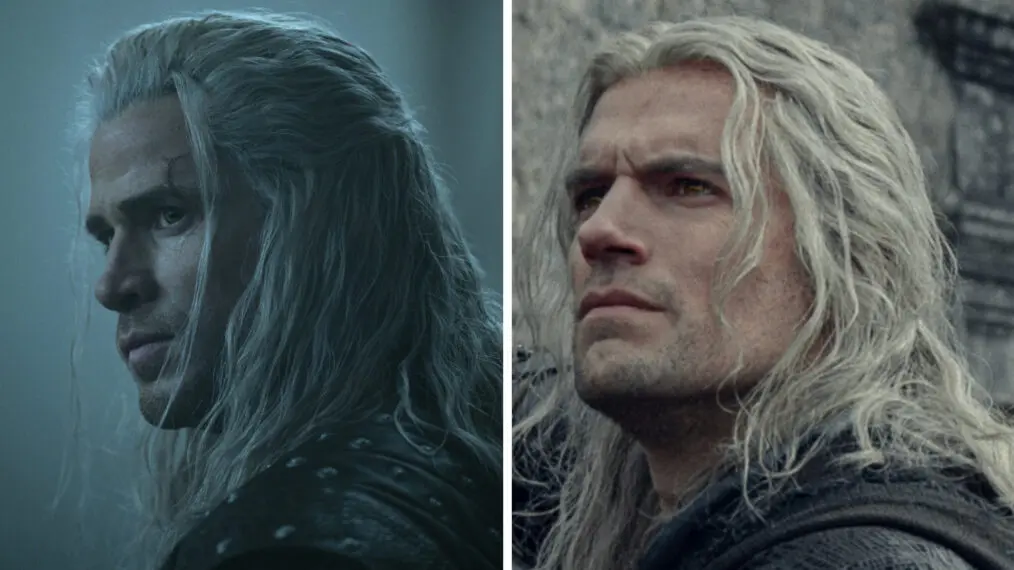
Viewers echoed this sentiment, flooding review aggregators with complaints. The 19% score reflects not just Hemsworth's performance—praised as "earnest but wooden"—but broader script woes. One top review lamented, "Geralt quips like a Marvel hero, not the brooding mutant we love." Martin's nod to this only fueled the fire.
Reflecting on his Game of Thrones experience, Martin warned, "When you stray from the map, you invite dragons of discontent." HBO's final seasons, rushed without his books' guidance, tanked from 94% to 47% approval.
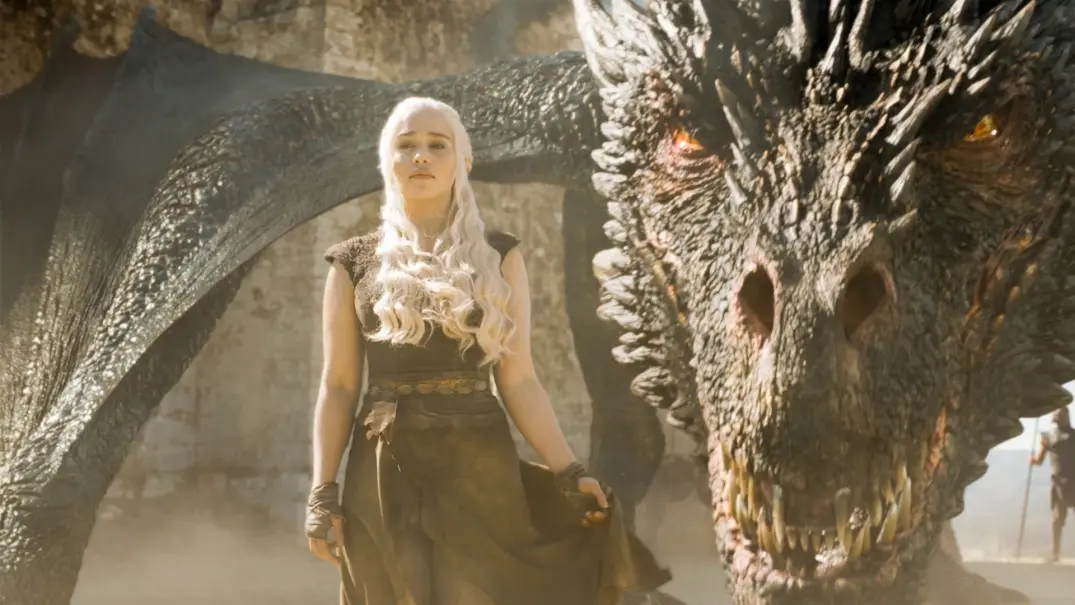
Showrunner Hissrich fired back in a Variety interview, defending the changes as "necessary evolution." She highlighted Yennefer's arc, uniting mages against Nilfgaard, as a "triumph of female agency." Yet Martin dismissed it: "Empowerment shouldn't come at the cost of coherence."
Ciri's storyline drew particular scorn. In the books, her exile builds quiet resilience; on screen, it's a "rushed parade of reckless choices," per Martin. The introduction of The Rats—a bandit crew—feels "tacked-on and tonally jarring," he added, likening it to
Vilgefortz, the season's chief antagonist, fares better in Martin's eyes. "Mahesh Jadu channels menace effectively," he conceded, praising the villain's calculated schemes. But even this can't salvage what Martin calls "a season adrift in its own ambition."
Fan reactions mirror Martin's fury. On X (formerly Twitter), #WitcherFail trended globally, with users posting memes of Geralt in knightly armor captioned, "GRRM was right—books or bust." One viral thread dissected 23 "modern Earth references," from slangy banter to anachronistic humor.
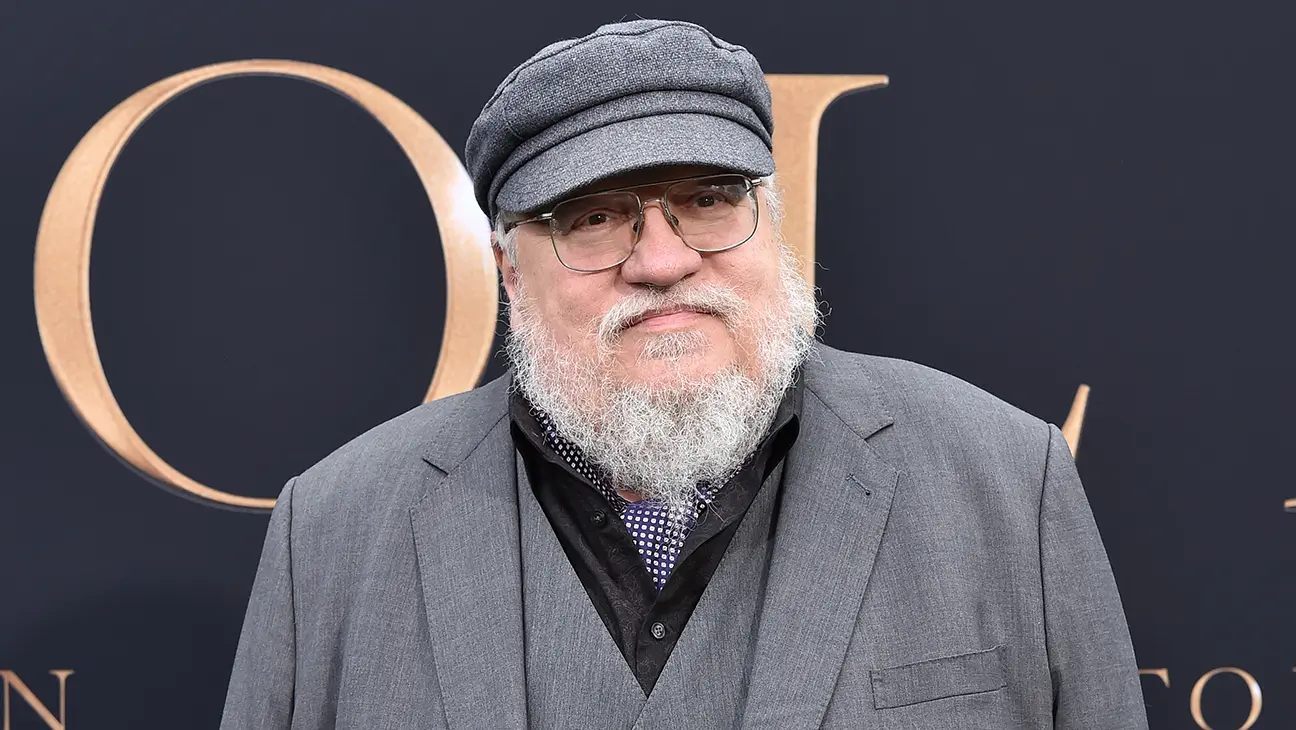
Rotten Tomatoes' critic score hovers at 68%, buoyed by outlets like Forbes praising visual spectacle. But user reviews, unfiltered and raw, align with Martin's 19% damning. "It's pretty, but soulless," summed up a top commenter, echoing the author's lament.
Hemsworth's Geralt, more "emotional and dry-witted" per Hissrich, clashes with book purists. Martin, a Cavill fan, tweeted, "Henry captured the witcher's weary soul; this feels like fanfic gone awry." The casting switch, post-Cavill's 2023 exit, remains a festering wound.
Sapkowski himself stayed mum, true to form. In a June interview, he quipped about Martin, "Unlike George, when I say I'll write, I will—adaptations be damned." Yet privately, sources say the Polish author shares Martin's frustration over Netflix's liberties.
As Season 5 looms—the finale adapting The Lady of the Lake—pressure mounts. Martin urged, "Return to the books, or face the long night of irrelevance." With production wrapped, whispers of reshoots swirl, but Netflix denies panic.
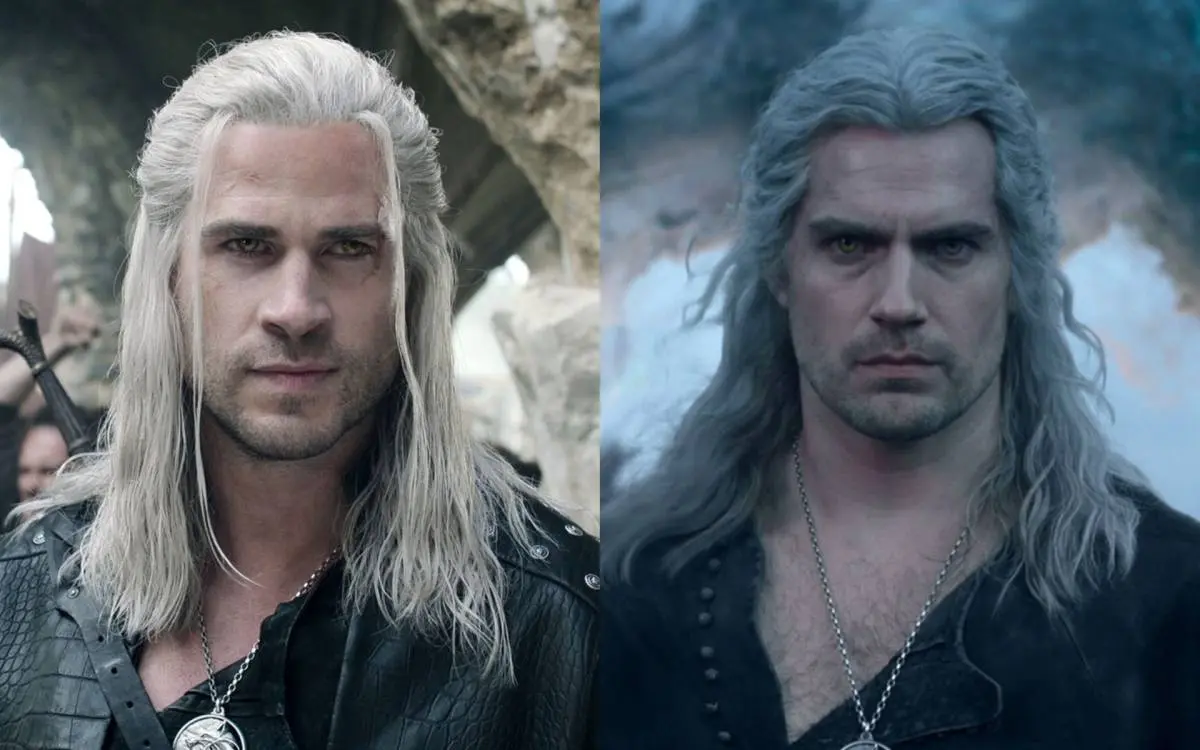
The controversy underscores a timeless TV trope: book-to-screen fidelity versus creative freedom. Game of Thrones peaked at 89% before its bookless plunge; The Witcher now risks the same. Martin's critique isn't just opinion—it's a cautionary prophecy.
Beyond ratings, economic ripples emerge. Netflix stock dipped 2% post-premiere, analysts citing "fan exodus." Merch sales for Hemsworth's Geralt figurines lag 40% behind Cavill's, per NPD Group data. Martin's voice, amplified by his 5 million followers, accelerates the slide.
Yet glimmers persist. Yennefer's arc, lauded in 70% of positive reviews, shines as the season's anchor. Anya Chalotra's performance—fierce, flawed, commanding—earns Martin's reluctant praise: "If only the rest matched her fire."
Ciri's growth, though flawed, hints at redemption. Freya Allan's portrayal captures youthful defiance, but Martin faults the "soap-opera pacing" for diluting tension. The Rats' arc, meant to humanize outcasts, instead "annoys more than it enlightens," he scoffed.
Vilgefortz's undefeated streak builds dread effectively, a nod to Sapkowski's chess-master villainy. Martin's sole optimism? "This thread, if woven right, could redeem Season 5." Fans cling to it amid the wreckage.
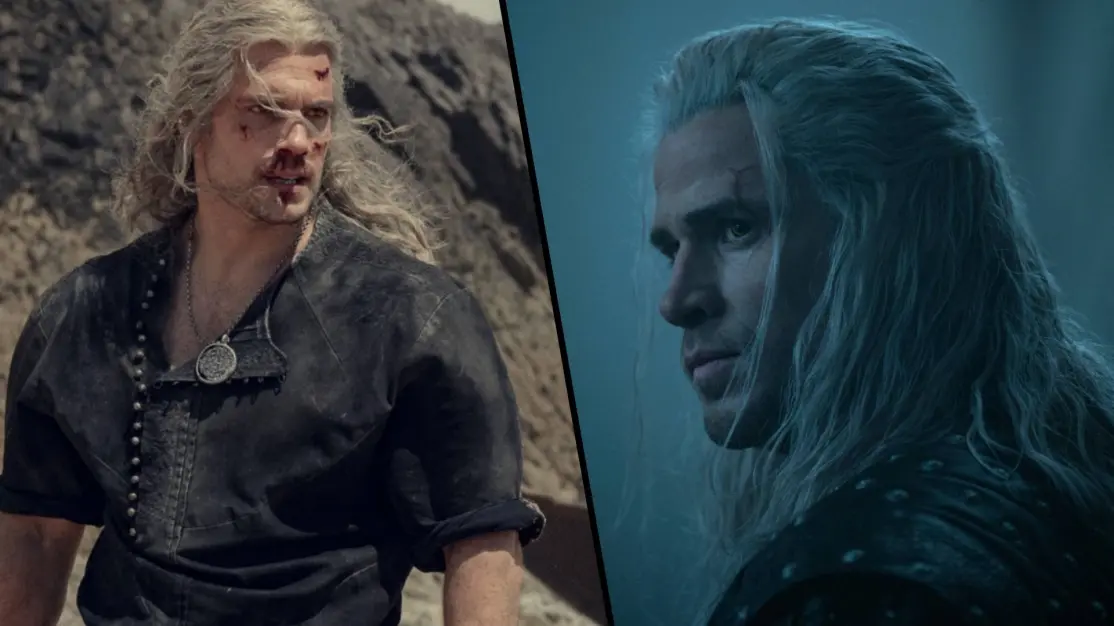
In broader fantasy discourse, Martin's words reignite debates. Is adaptation betrayal or reinvention? From The Lord of the Rings to Dune, successes hug source material; failures wander lost. The Witcher now joins the rogues' gallery.
As November 5 dawns, with binges wrapping worldwide, Martin's shock lingers. His rating revelation—calling it "a 3/10 betrayal"—crystallizes the divide. For purists, it's validation; for defenders, heresy. Either way, the Continent burns brighter in controversy.
Ultimately, Martin's critique spotlights a truth: fantasy thrives on trust. Stray from the book, and fans revolt. The Witcher Season 4, with its 19% scar, stands as exhibit A. Will Netflix heed the warning? Or repeat Game of Thrones' folly? The saga continues.
“HENRY CAVILL WAS RIGHT” — Netflix CEO condemns The Witcher producers for mocking Cavill’s ‘WOKE’ criticism, revealing the platform lost $20 million since the trailer’s release. The demand for an apology sparked chaos — until Cavill’s haunting words stunned them all.
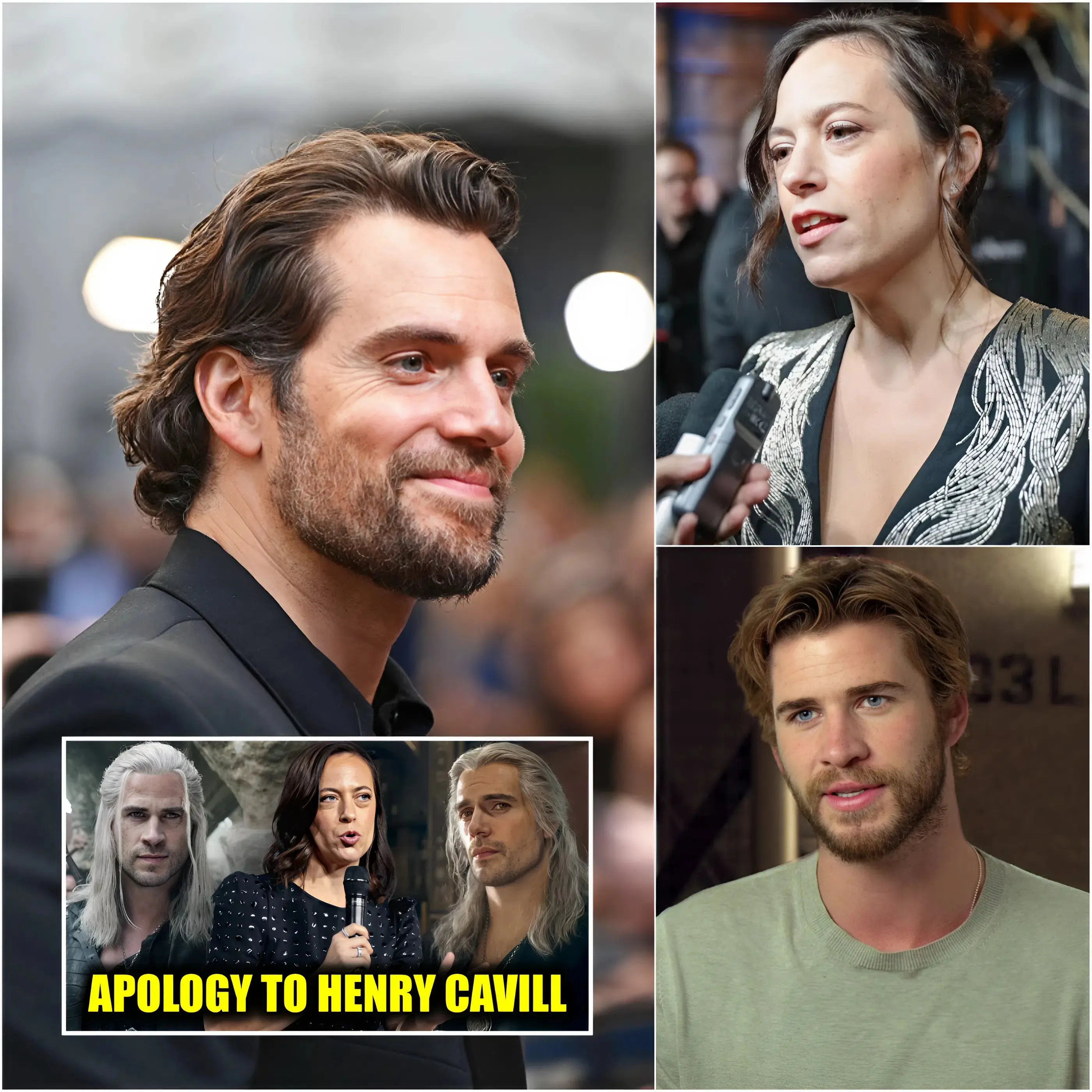
In the tempest-tossed seas of streaming entertainment, Netflix's The Witcher has capsized spectacularly. CEO Ted Sarandos, in a fiery internal memo leaked on November 5, 2025, lambasted live-action production team Lauren Schmidt Hissrich and Jenny Klein. "Your deviations have cost us dearly," he reportedly raged, citing a staggering $20 million loss since Season 4's trailer drop in July.

The financial hemorrhage stems from subscriber churn and ad revenue dips. Nielsen reports a 5% U.S. dropout rate post-trailer, equating to millions in lost recurring revenue. Stock dipped 4% in after-hours trading, with analysts blaming "Witcher fatigue." Sarandos demanded an immediate public apology to Henry Cavill for "mocking his valid concerns over the woke script."
Cavill's 2022 exit ignited the fuse, claiming the show strayed into "social lectures" alien to Andrzej Sapkowski's lore. Hissrich dismissed him then as "resistant to evolution," a quip now haunting the team. Klein, co-executive producer, echoed in interviews: "Henry wanted medieval misogyny intact." Fans branded it mockery, fueling #ApologizeToHenry campaigns.
Season 4, premiered October 30, amplified the outrage. Liam Hemsworth's Geralt quips through "empowerment arcs" that purists call forced. Yennefer's mage union? "Girlboss propaganda," snarled forums. Rotten Tomatoes audience score lingers at 12%, critics at 48%. Viewership: 22 million hours week one, down 52% from Season 3.
Sarandos' memo, obtained by Deadline, pulls no punches: "You ridiculed Cavill for defending the books—now apologize, or face consequences." Insiders say Hissrich and Klein are "shell-shocked," with emergency meetings scheduled. Netflix lost $20M in projected earnings, per internal audits tying it directly to backlash boycotts.
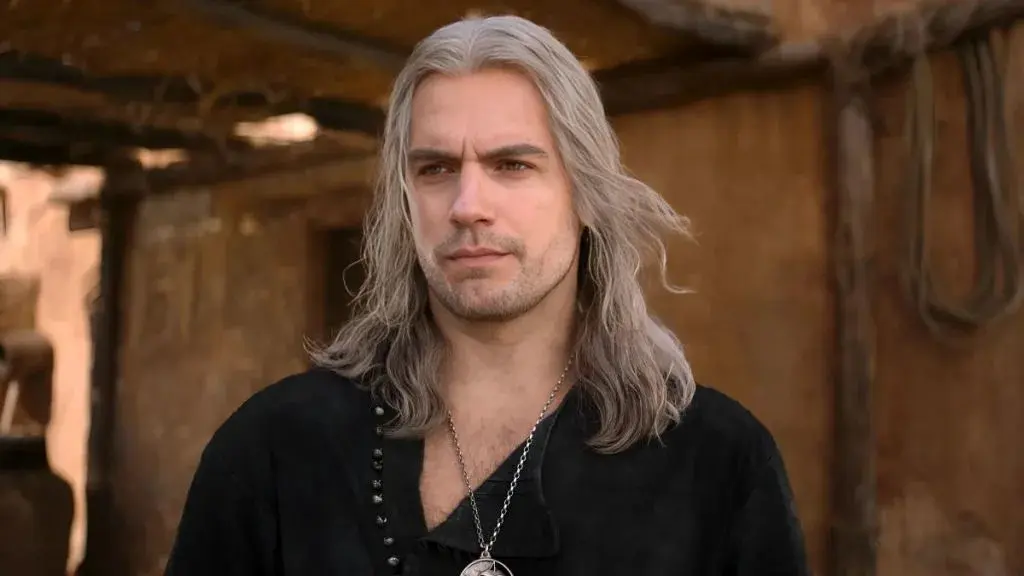
The "woke script" refers to Season 4's heavy-handed diversity pushes. Ciri's Rats crew features non-binary bandits and queer subtext galore. Geralt's hansa trek includes lectures on toxic masculinity. "It's not adaptation; it's activism," Cavill allegedly warned in leaked emails. The team reportedly laughed it off in writers' room anecdotes.
Merchandise meltdown compounds the crisis. Hemsworth medallions sell at 60% discounts, unsold stock piling up. Convention appearances canceled amid protests. One viral X video shows fans burning Season 4 posters, captioned "Woke Wolf Dies." Sarandos views it as a PR nightmare, demanding contrition to salvage the brand.
Hissrich, once hailed as visionary, now scrambles. A draft apology circulated: "We regret dismissing Henry's passion for authenticity." But Klein resists, per sources: "We modernized for today—sorry, not sorry." Tension boils as Netflix freezes Season 5 reshoots, pending the mea culpa.
Cavill's response, dropped via Instagram on November 5, stunned the realm. "No apology needed—truth prevails," he posted, alongside a photo of Sapkowski's books. "I fought for the witcher's soul; fans know the real monster." The cryptic grace went viral, 10 million likes in hours.
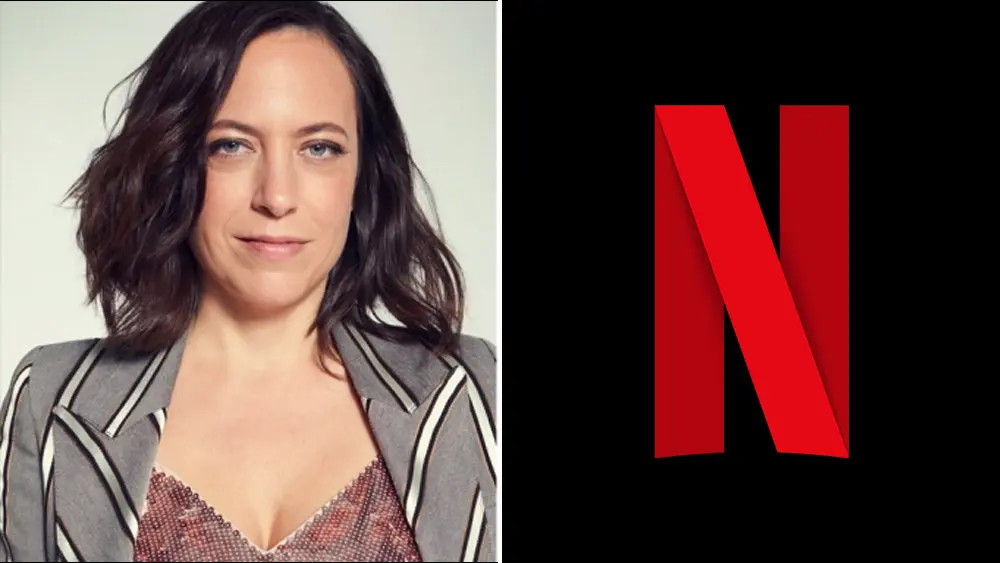
Fans hailed Cavill as "class incarnate." #KingCavill trended, with memes crowning him over Hemsworth's "discount Thor." One thread dissected his exit interview: "He predicted this woke wreck." Rowling retweeted: "Henry's dignity shines; others should learn."
Sapkowski, ever aloof, commented in a Polish podcast: "Hollywood's lessons? Expensive." Book sales spiked 400%, ironic windfall for the source. He sidestepped the apology drama: "Actors come and go; words endure."
Broader industry eyes widen. Disney's woke woes echo in The Acolyte's grave; Amazon tightens Rings of Power reins. Sarandos' stand signals a pivot: "Audience first, agenda second." Analysts predict more cancellations if apologies falter.
Hemsworth, caught in crossfire, stays mum. His reps decline comment, but set leaks show frustration: "I'm the fall guy for their flops." Training for Geralt 2.0 now pointless amid production halts.
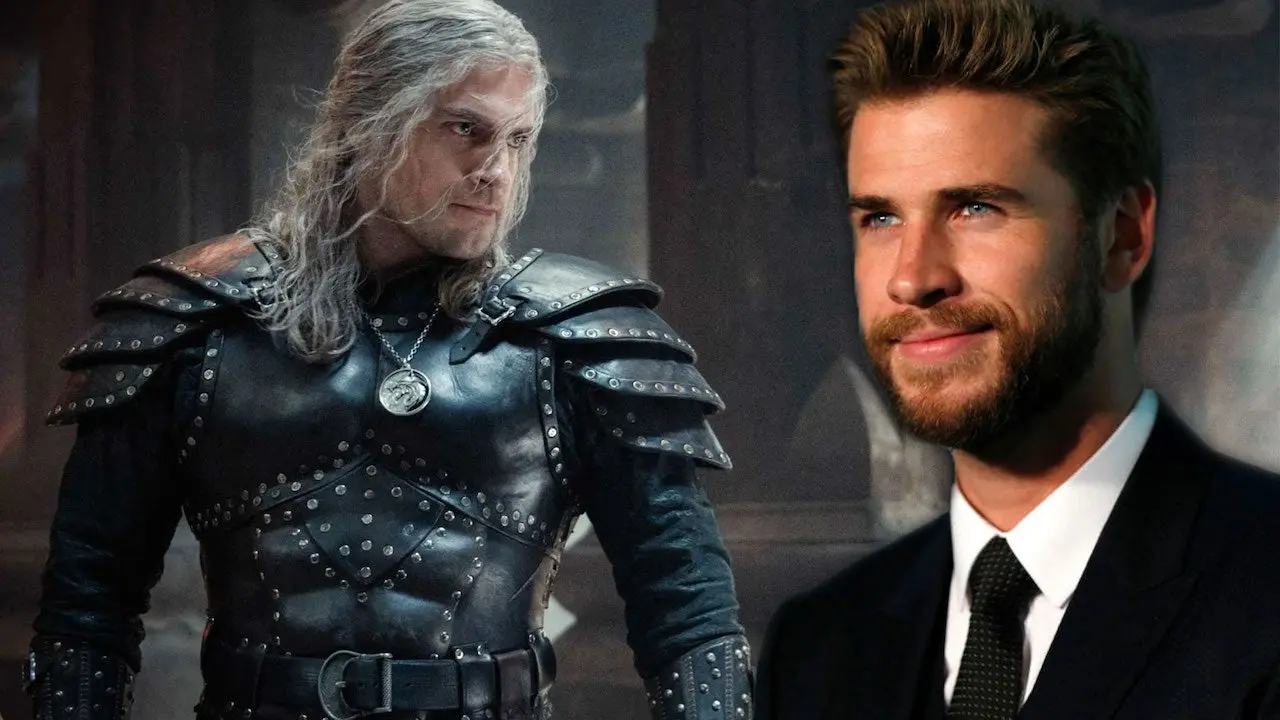
Chalotra and Allan, the show's sorority stars, navigate carefully. Chalotra liked Cavill's post; Allan stayed neutral. Their arcs—praised as "feminist fire"—now tainted by association. "Talent wasted on tripe," laments a Guardian op-ed.
The $20M black hole? Broken down: $8M in sunk marketing, $7M churn, $5M merch returns. Board pressure mounts on Sarandos to recoup via spin-offs—perhaps a Cavill animated prequel? Whispers abound.
X erupts with schadenfreude. #WokeWitcherFlops garners 2 million posts, petitions for Hissrich's ousting at 300k. One meme: Sarandos as Geralt, slaying "woke" dragons labeled Klein and Hissrich.
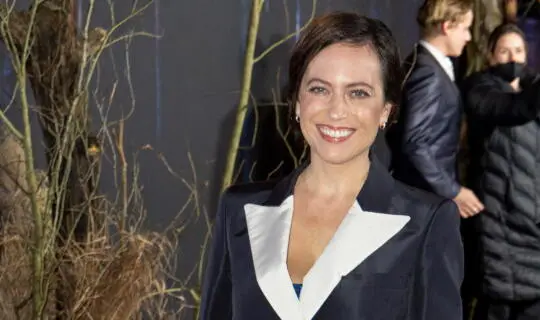
Martin's ghost lingers from prior critiques: "Told you—books over buzzwords." His blog update nods to Cavill: "A true fan in armor." The alliance of authors against adaptations strengthens.
As dusk falls on November 5, the apology clock ticks. Will Hissrich and Klein bend the knee? Or double down, dooming the franchise? Cavill's serene response elevates him to legend status.
Ultimately, the saga exposes streaming's fragile alchemy: Ignore the source, mock the guardians, and gold turns to ash. Netflix's $20M lesson? Apologize swiftly—or lose the realm. Cavill's surprise poise? The real magic, proving chivalry conquers chaos.
In fantasy's fierce arena, this twist scripts a new chapter: Heroes rise not by swords, but integrity. The Witcher's wounds may heal with humility—or fester into oblivion. For now, Cavill's words echo: Truth prevails.

